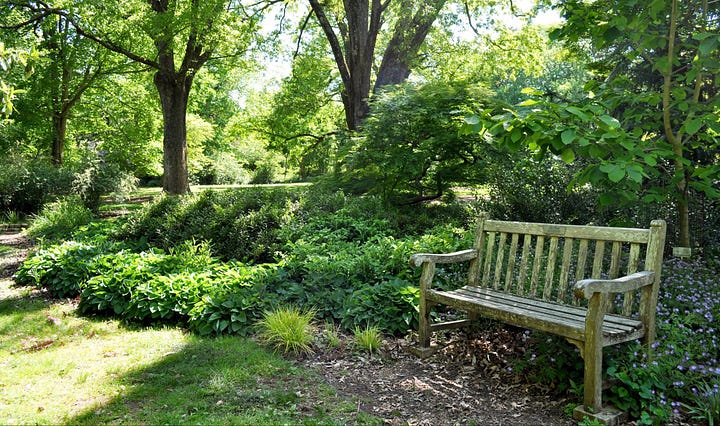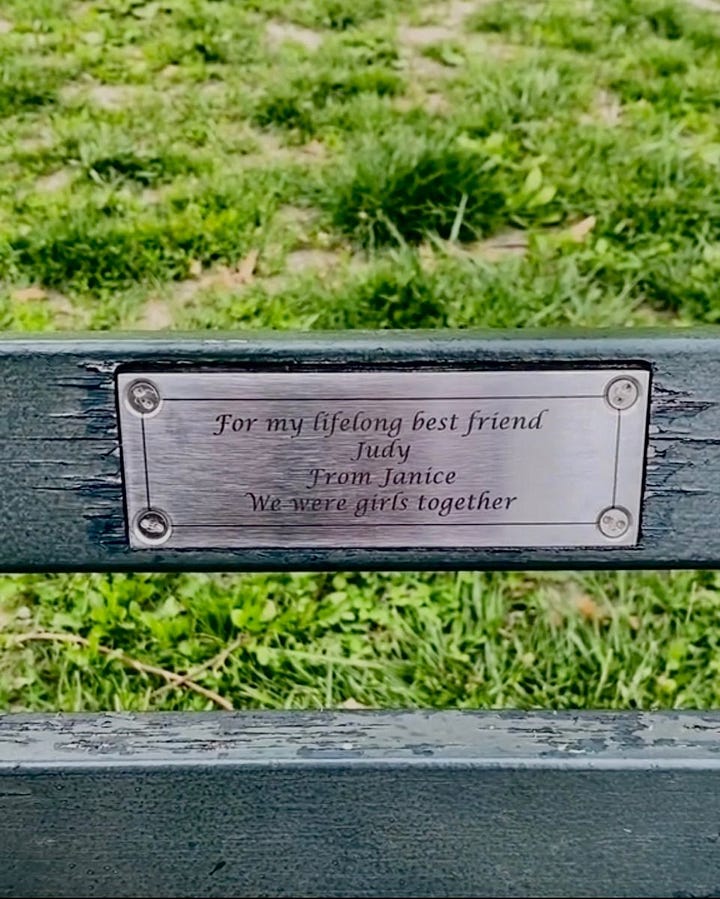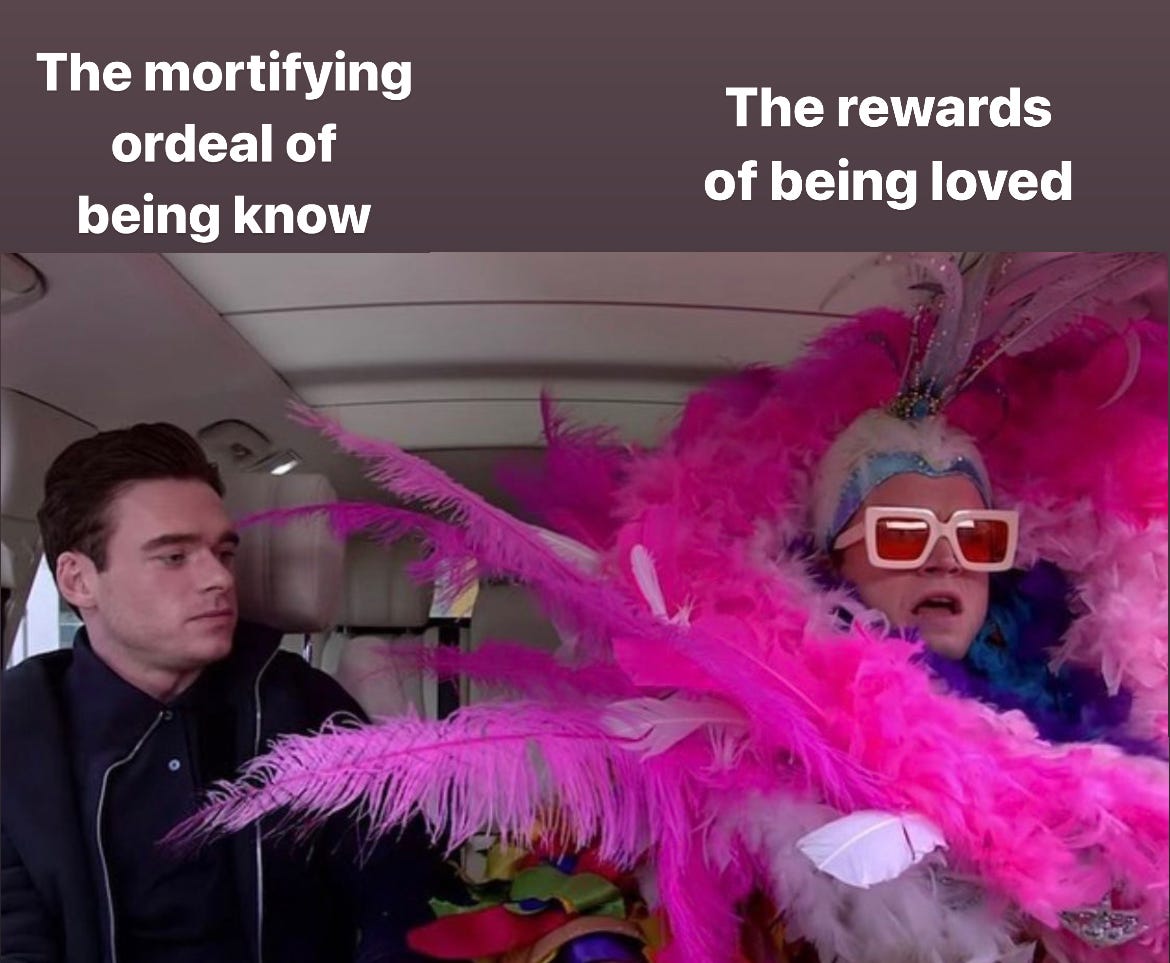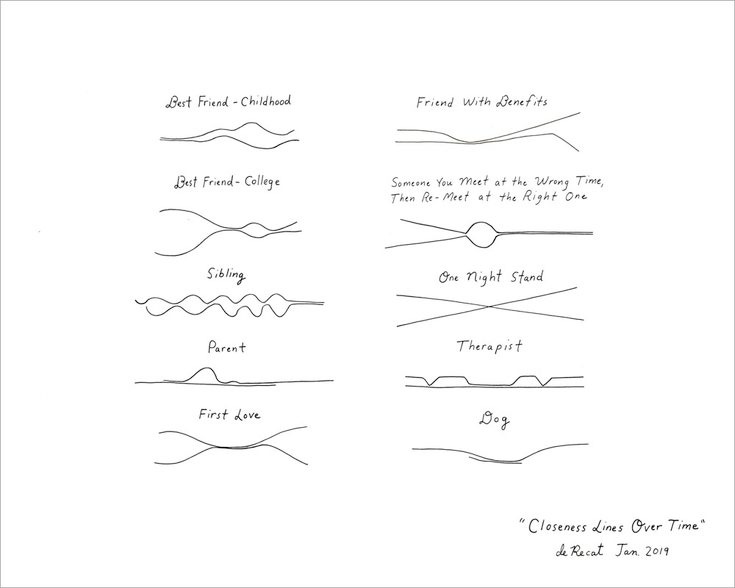As we enter this month of love I find myself reflecting on some of the deepest and most nourishing relationships of my life: my friendships.
I recently wrote about how quitting drinking helped me become a better friend. I also turned 36 last month, which feels old (and which I’m sure I’ll look back on in a few years and realize is still young). But I’m entering a point where I can see distinct phases of my life — childhood, high school, college, post-grad, and now — and recognize that I’m fortunate enough to have held on to a few friends from all of them.
I’ve been thinking about how we prioritize friendships throughout our lives. When we’re little, they’re often a matter of convenience; we’re just around each other a lot without much else to do. Then, for a while, it seems our friends are the most important people in our lives, that we’d die for them and die without them. Slowly adult commitments and romantic relationships elbow their way in; we get older, grow apart, and make less time for each other but eventually, with any luck, we find our way back together. At least this is how it’s gone for me.
I don’t think it’s a coincidence that the times in my life when I felt most at sea are the times when I neglected my friendships. It took me a while to realize that friendships, adult friendships, require effort to maintain — not force, but effort.
I don’t have any friends in Salt Lake City. We moved here two and a half years ago. It’s depressing and a little embarrassing to admit, but there it is. I have a few friends-of-my-husband’s-friends, but they’re really acquaintances more than anything. I tried for a while but gave up when we decided we were going to move again. Our move got delayed and we’ve been here longer than anticipated, so it’s been a bit of a lonely year in a stretch of lonely years. (More on that later this month.)
But our time here really drove home the point that your partner can’t be everything to you at all times. They can’t be lover, friend, therapist, family, coworker, teacher, cheerleader, roommate, workout buddy, mentor. Or…I guess they can…but it’s better for everyone if they don’t have to be. We’ve all heard this, we all know this. We need friends. These past few years I’ve been leaning heavily on my older friendships, even from thousands of miles away.


A couple of years ago a photo of this bench plaque threw the social media sphere (or at least the part I’m on) into an emotional tailspin. Best I can tell, it’s borrowed from Toni Morrison’s Sula, a novel that follows a complicated friendship between two women over the course of their lives. Toward the end, one character visits the other’s grave and, despite a long stretch of estrangement between the two, is overcome.
“And the loss pressed down on her chest and came up into her throat. ‘We was girls together,’ she said as though explaining something.”
It explains everything. Our friendships rival the greatest romances and the thickest family bonds. If we’re lucky, they grow and evolve with us. We see each other in every iteration — the cool, the cringe, the shameful, the celebrated. There’s a singular pleasure in meeting an old friend and finding that, even though the two of you may have turned into entirely different people since you were last together, you recognize each other. There’s a fundamental you that sighs with relief at not having to explain or expose yourself, not having to go through the mortifying ordeal of being known all over again. It’s already been done, you’re already loved.

Our friends represent the best of us. They remind us of who we were and who we are and who we could be. Because they see it, we can too. When we feel lost or like the worst version of ourselves, they hold our hand in the dark and guide us back.
Reading a bit about friendships and why they’re so important for us, I kept coming across the idea that friendships are unique in that they don’t require quite as much responsibility or expectation as our familial or romantic relationships. I’m not sure I agree. Maybe the responsibility is different, but it’s there. Friendship, like any other relationship, is a two way street. It requires vulnerability and time and dependability.
It’s not always 50/50. Sometimes one friend requires more grace and another friend has to do more heavy lifting; sometimes this goes on for a long while. Sometimes we hurt each other and have to muster up the bravery to apologize, to forgive, to risk hurting and being hurt again. But the understanding is that eventually the scales will rebalance, that we’re in this together. Sometimes it’s our job to just keep the homefires burning, to keep the porch light on so they can find their way, and be there to welcome them when they arrive.
I encountered this WS Merwin poem for the first time while that bench plaque was circulating and “we were girls together” was still ringing in my ears, so even though it’s written for his wife, this poem is forever associated in my mind with my friends. Even as we age and change and get saddled with life’s burdens, I’ll always find respite in our shared history, our shared girlhood. I’ll always be astonished at my good fortune to have such a sanctuary to return to over and over and over again, to have this garden where we’ll always be welcome and waiting for each other, no older than we ever were.
To Paula In Late Spring
Let me imagine that we will come again
when we want to and it will be spring
we will be no older than we ever were
the worn griefs will have eased like the early cloud
through which the morning slowly comes to itself
and the ancient defenses against the dead
will be done with and left to the dead at last
the light will be as it is now in the garden
that we have made here these years together
of our long evenings and astonishment— WS Merwin
To my friends, if I haven’t told you lately: I love you and I wouldn’t be here without you. Thank you for leading the way.
This week’s song on repeat
A friend of a friend, she’s super rad. Very excited for their new album!
Oh, to love again
To feel






